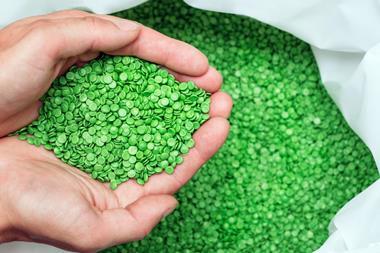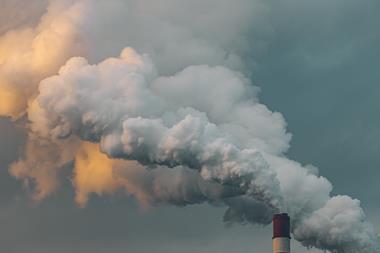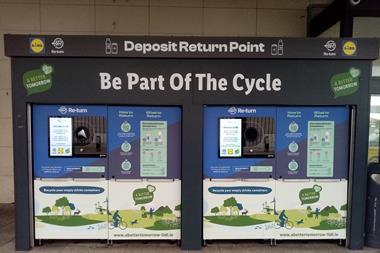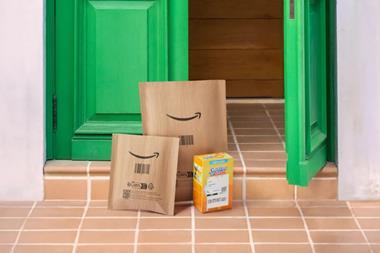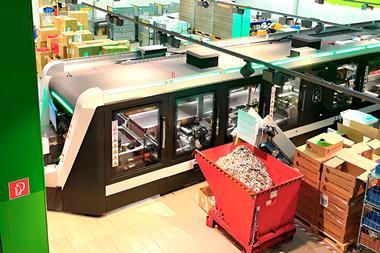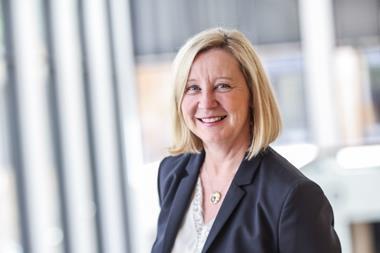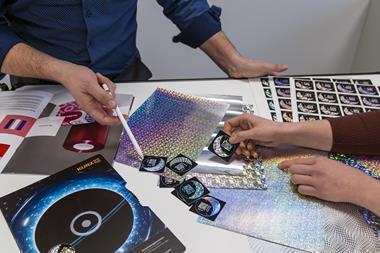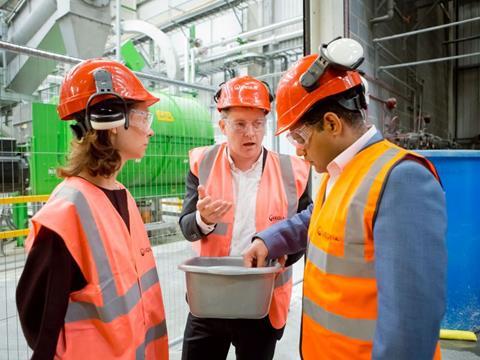
The latest YouGov research suggests consumers are becoming more aware of sustainable packaging as they call for more packaging to both be recyclable and made from recycled material.
The findings have been released by Veolia, the UK’s leading resource management company, to coincide with the official opening of its Dagenham Plastics Facility which is set to produce recycled plastic for the market.
Over half of British consumers (51% ) would favour a new drink - of a similar price, quality and flavour - in a recyclable bottle over their original drink purchase if its packaging was unrecyclable. Furthermore, 30% of adults now consider recyclable packaging ‘important’ when choosing a drink to buy, this was selected more than the brand (26%) and the aesthetics of the bottle (9%). What this reveals is whilst innovations in packaging represent incredible breakthroughs in technology that keep food and drink fresher for longer and perishables undamaged, the lifecycle of the packaging is becoming increasingly important. It’s important that when separated films, laminates and composites are also considered as currently they are often contaminated or are simply too complex to recycle – highlighting the need for manufacturers, retailers, regulators and experts in the recycling sector to work together to make more packaging easily recyclable.
Estelle Brachlianoff, Senior Executive Vice President of Veolia UK & Ireland, comments:
“In the UK we fail to capture 44% of all of the plastic bottles we use but imagine if we collected and recycled all of these. This would save approximately 300,000 tonnes of materials and we’d be well on our way to being a truly sustainable society. “I’m a firm believer that the solution to making all plastics easily recyclable and increasing the percentage of recycled material in packaging lies in collaboration. And as the public’s awareness of packaging and recycling continues to rise we hope to see more of the supply chain working together to solve the packaging puzzle – and our doors are open to any manufacturer wishing to discuss how we can recycle packaging more easily by working together.”
The research is to support the official opening of the company’s Dagenham Plastic Facility. The inaugural was attended by Rajesh Agrawal, Deputy Mayor of London for Business, signifying the importance of Veolia’s new site in the UK’s plastic recycling industry and an important investment for London.
Rajesh Agrawal, Deputy Mayor of London for Business, adds: “London continues to be the leading destination for European companies looking to scale up. There are many opportunities for businesses in London’s outer boroughs and Veolia’s investment in Dagenham will bring jobs and prosperity to the area. Clearly, London remains open to talent, investment and business from around the world.
“The Mayor is committed to helping Londoners recycle more and waste less, as we aim for 65 per cent recycling by 2030. This facility is an example of the circular approach to using resources Sadiq has adopted. By taking London's plastic bottles and reprocessing them in the capital we’re keeping valuable resources circulating and creating value in the local economy. What’s more, this research is encouraging news and shows that messages about reducing the amount of materials we waste are changing consumers’ attitudes.”
Veolia’s Dagenham Plastics Facility produces approx. 10,000 tonnes of high quality food grade HDPE pellets annually. Recycling this material requires 75% less energy to make a plastic bottle than using ‘virgin’ materials, and this equates to conserving enough energy to power around 20,000 homes and saving 10,000 tpa of carbon emissions annually. The move will boost the UK’s domestic recycling capability, creating 30 permanent jobs in London and enabling Veolia to make and sell a high value product from the 200 million plastic milk bottles it collects annually.
More info:

